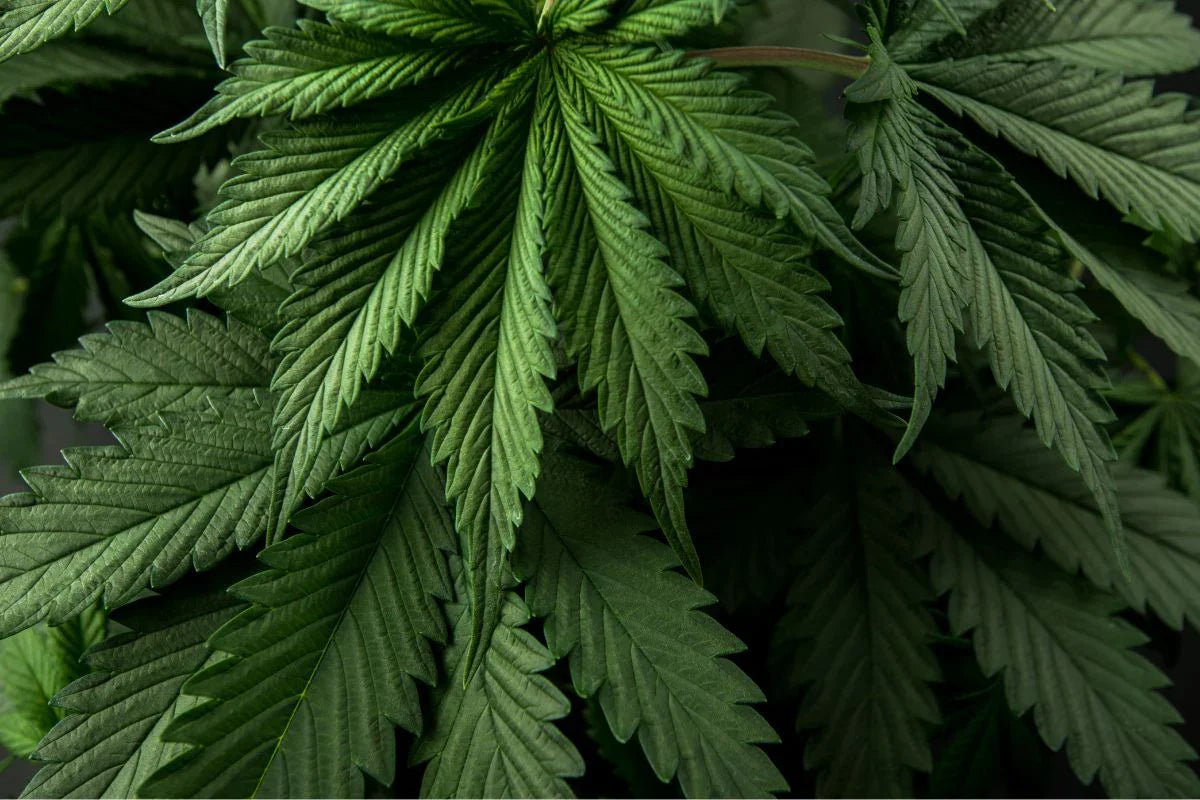
Seaweed: The ultimate vegetable!
Seaweed is on the rise: beyond seaweed at the Asian grocer, you can now buy seaweed salads, seaweed chips and even seaweed burgers.
What’s so special about seaweed—Is it really that healthy? Is it a coincidence that people in Japan, where most seaweed is eaten, live longer? And would we have developed the same brain capacity without seaweed? Below you’ll find a seaweed basics story from an evolutionary perspective—perhaps you’ll get just as excited as I am!
From fish to human
Anyone who knows a bit about evolution knows that life originated in the sea. First there were bacteria, later came fish, those fish went ashore. Then they became apes, and finally us, Homo sapiens. It’s clear we no longer look like fish on the outside. But in many ways you can see that we, too, once swam in the sea: the composition of our body fluids (blood and tears) closely resembles seawater. And when a child grows in the mother’s womb, the beginning looks like a fish, and it “swims” for the first 9 months in seawater. The image below (from top to bottom!) shows this nicely:
Seaweed as food
Deep down we still resemble marine fish. And what do those fish eat? Exactly—seaweed. There are also predatory fish, but they eat fish that have eaten seaweed. So in that way every fish gets the nutrients from seaweed. Millions of years ago, when fish came onto land and gradually became apes, they still ate seaweed. And even when apes became humans, they still ate seaweed. Some scientists even believe that the human brain would never have become so smart without fish, shellfish and seaweed to eat. Food from the sea is richest in brain-specific nutrients such as omega-3 fatty acids, iodine and iron.
What we lost
In the last 100,000 years—a relatively short period in evolution—an incredible amount has happened: humans moved from the coast inland and started eating different foods. Grains, for example, and berries, but also other animals. We could live perfectly well on this new diet. There was—and is—no absolute necessity to eat seaweed, but in our view that’s far from ideal, especially in today’s world. We’ve increasingly turned our backs on the sea and lost this piece of nature from our diet.
Seaweed and health
It seems very logical: if we eat seaweed, it’s good for us. Seaweed contains more vitamins and minerals than any land vegetable (in Dutch). In addition, it contains all kinds of other components that are good for us. Unfortunately, there’s still little direct scientific evidence: hardly any studies have been done on the health effects of seaweed in humans. Therefore we can’t yet say it’s good for you. In animals, the body of evidence is further along. We know they thrive on seaweed. Among others, pigs, horses and even salmon are supplemented with these very first plants to appear on Earth’s surface.
Should I eat seaweed?
That’s a question best answered by you. Of course, you can simply give it a try. In better organic stores you can find different types. If you don’t feel like cooking with seaweed, the seaweed capsules from Seagreens of European origin are an excellent choice. Seagreens is an award-winning seaweed supplement, specially produced for human consumption.



